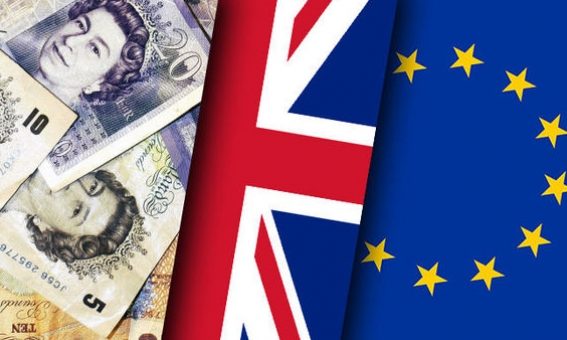
All You Need to Know after Brexit
Would Brexit damage the UK
All you need to know after Brexit for the UK or the European Union.
Would Brexit have a bigger economic impact on the UK or the European Union?
Why experts and sector specialists believe Brexit will have a bigger economic impact on the UK than the European Union.
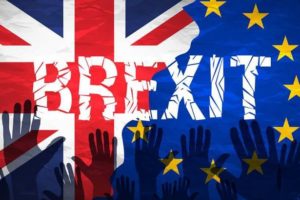
EU and UK Brexit damage
The European Union economy is worth about £13tn, compared to the UK’s £2tn.
Jean-Claude Trichet is a French economist who served as President of the European Central Bank. Jean-Claude believes the break-up was “totally contrary to the new world” of large emerging economies, with single currencies and single markets.
When he was asked how Brexit would affect the other European countries, Jean-Claude said: “It’s very much a question of proportion.” He also said: “If I take the EU as a whole and compare the GDP of the EU to the GDP of the UK, you see there’s a small portion which is the UK.”
Jean-Claude Trichet added: “It’s normal that the European 27 are less impacted themselves than the UK by this event which has been entirely decided upon by the UK – when all the 27 wanted the UK to stay.”
The Old and New world: Before and after Brexit for the UK and the European Union.
Experts believe the European Union is the UK’s biggest trading partner, accounting for nearly half of all exports in 2016, according to official figures while the UK Brexit supporters argue new, lucrative trade deals can be made with fast-growing emerging markets.
The French economist suggested Brexit will also be detrimental to the EU at a time of economic growth elsewhere in the world, arguing that it should be avoided “for the sake of the UK in the very long run, and for the sake of our continent”.
Jean-Claude Trichet said: “In a period when India, China, Brazil, Mexico, Indonesia, and all emerging economies are going very fast and are dwarfing Europe more and more, how can it be that we decide to separate ourselves, to split? It is totally contrary to the new world.
Credit and Rising debt in the UK and the European Union after Brexit
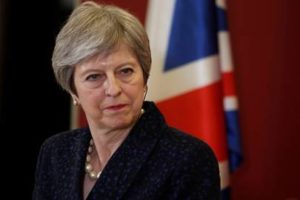
Theresa May and UK Brexit problems
The UK plans on leveraging and taking advantage of the commonwealth after Brexit.
“How many single markets with a single currency will we have which will be enormous in 10 or 20 years’ time? Look at India, look at China, look at all those emerging countries.
“I am a little bit passionate because I think that there’s something which goes against what would be a good strategy for all Europeans.”
As the President of the European Central Bank between 2003 to 2011, Mr Trichet worked on its response to the 2008 crash and the Greek debt crisis. He’s now concerned about rising public and private debt levels around the world.
“We see financial leverage continuing at a pace which is not sustainable and we should, at the level of the international community, be much more aware of the fact this global financial leverage is dangerous and could be one of the causes – not the only one – of the next crisis.”
Mr Trichet added: “If we had a new crisis nobody would forgive the international community for not having taken the appropriate steps to avoid it.”
After the Brexit, 8 ways it will affect businesses in the UK and the European Union.
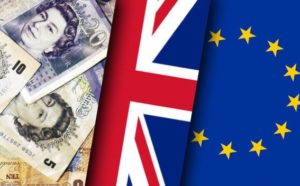
Brexit affects the UK and European businesses
What are the implications of Brexit and how far-reaching is it for the average UK or European business? The experts and sector specialists can help you understand how Brexit will affect your business and organisation.
Bigger marketplace and commercial issues European and UK business sectors are already experiencing changes in the labour market and currency effects. Cost and availability of certain supplies/ goods may change substantially.
How compliance with future tariff and trade requirements European and UK importers and exporters may need to have measures in place to comply with additional administration and to pay additional tariffs.
Uncertainty with regulatory and legal We expect new UK regulations to replace EU law and bring into effect future trade arrangements. Legal uncertainty is likely while these changes bed in up to 2021 and beyond.
Uncertainty with Staff and employment requirements EU citizens working in the UK and UK citizens working abroad may face additional requirements for work, residence and travel.
Uncertainty and issues with the Supply chain first-in, first-out and Supply chains may be affected by tariff or country of origin requirements. Where goods contain constituents from multiple sources, identification of the country of origin rules may change.
Money, your pocket and changes in sources of funding EU funding is likely to cease. Funding (and administrative requirements in relation to it) for certain sectors may change.
Customs and border issuesBusinesses dealing with or dependent upon cross-border transit may face additional hurdles.
Legal right uncertainty around brand names and designs Rights holders will need to apply for separate UK trade mark/ designs as well as EU rights once the UK has exited the EU. The coverage of existing rights will change
- Posted by admin
- On November 16, 2018
- 0 Comments


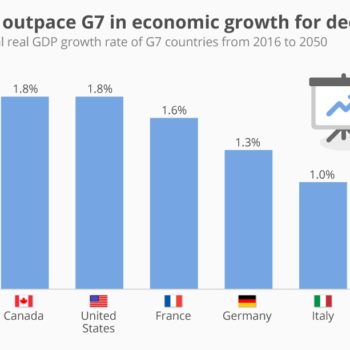
0 Comments